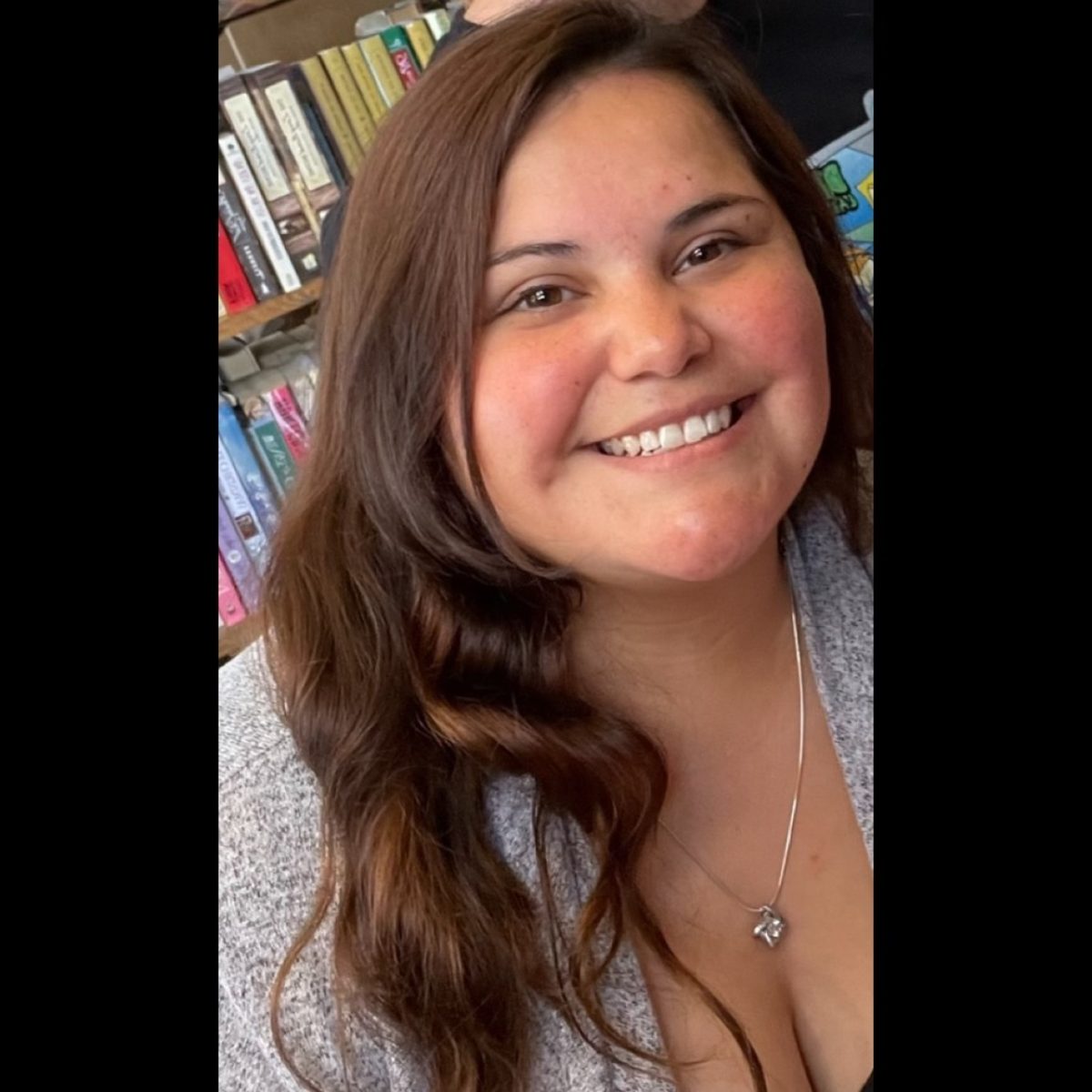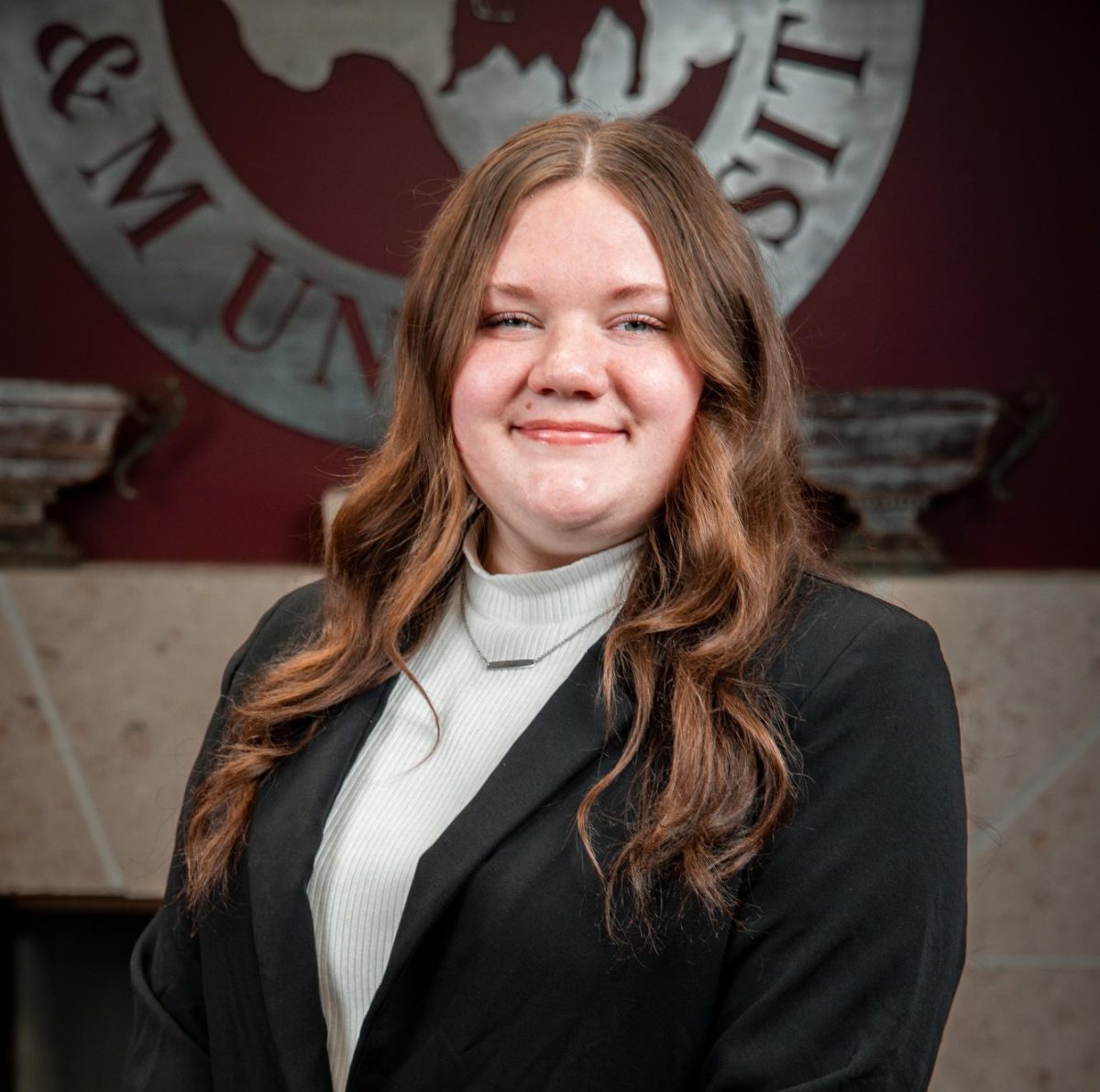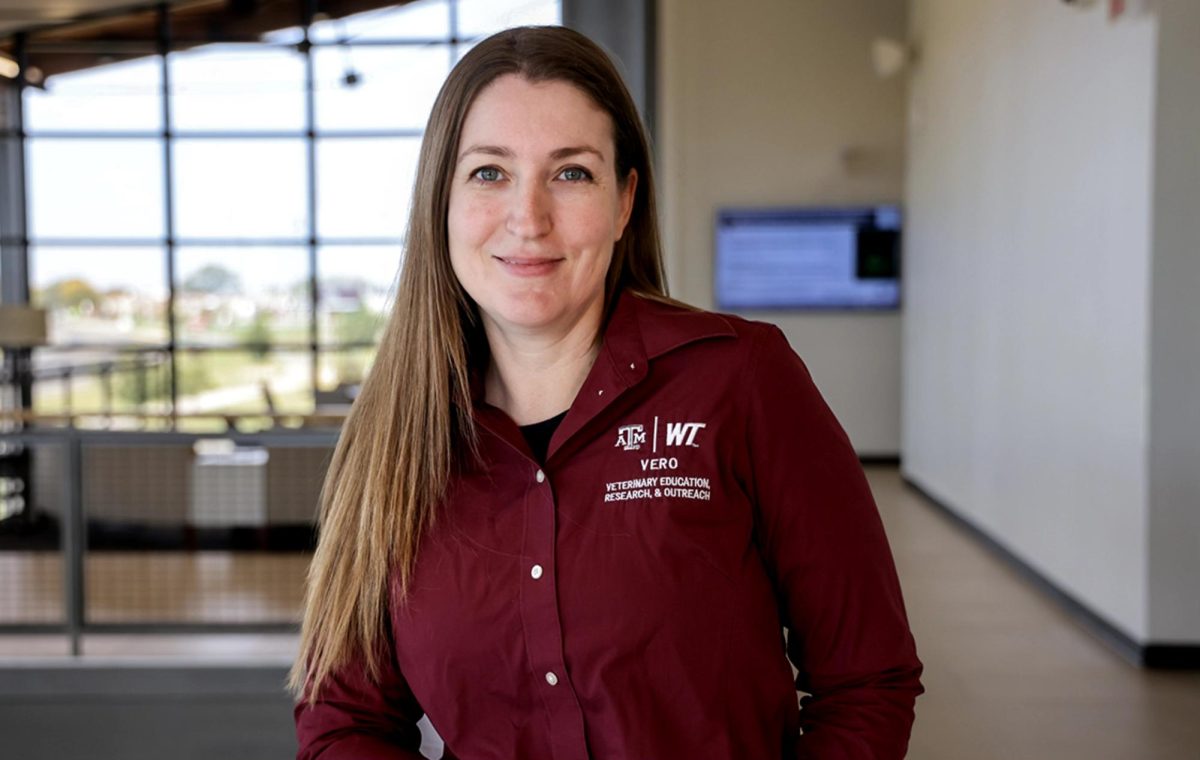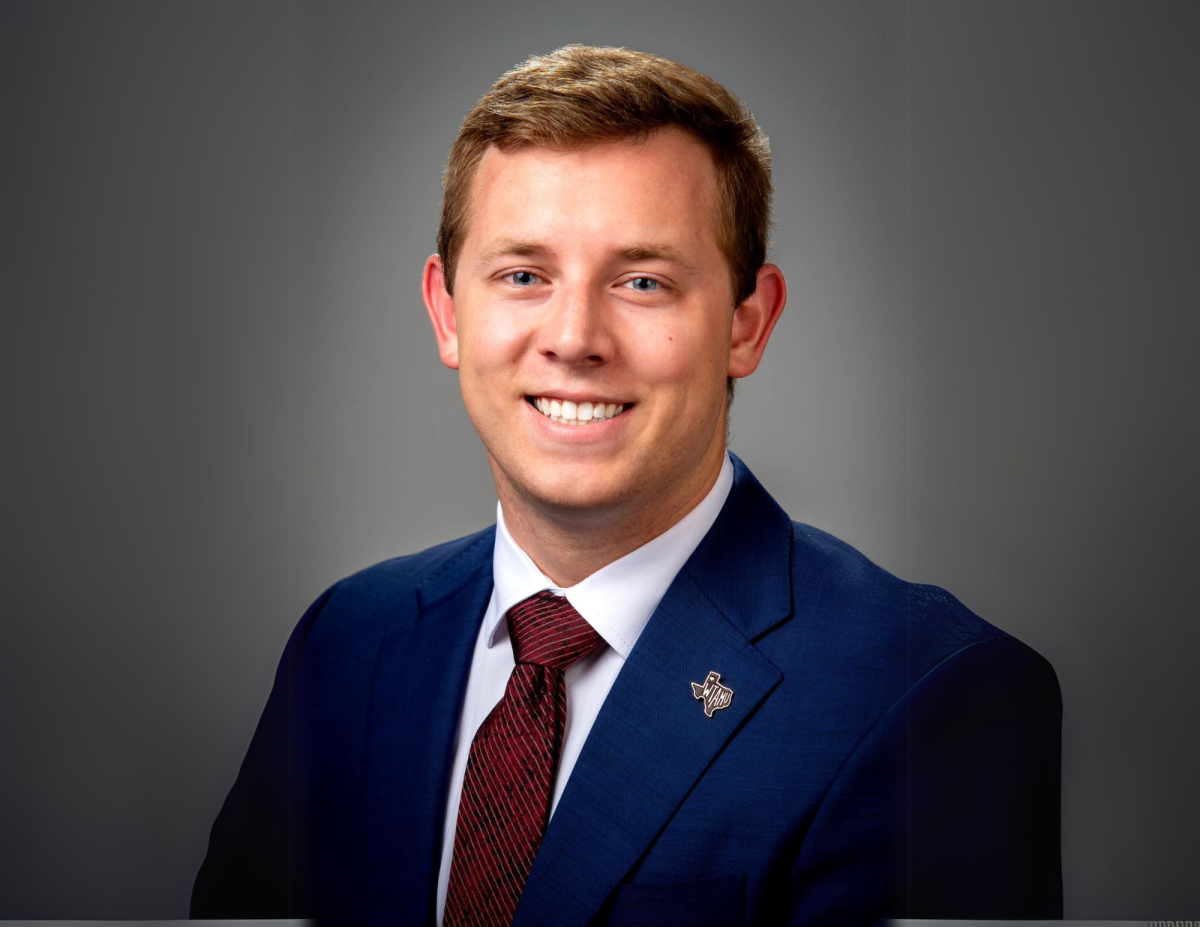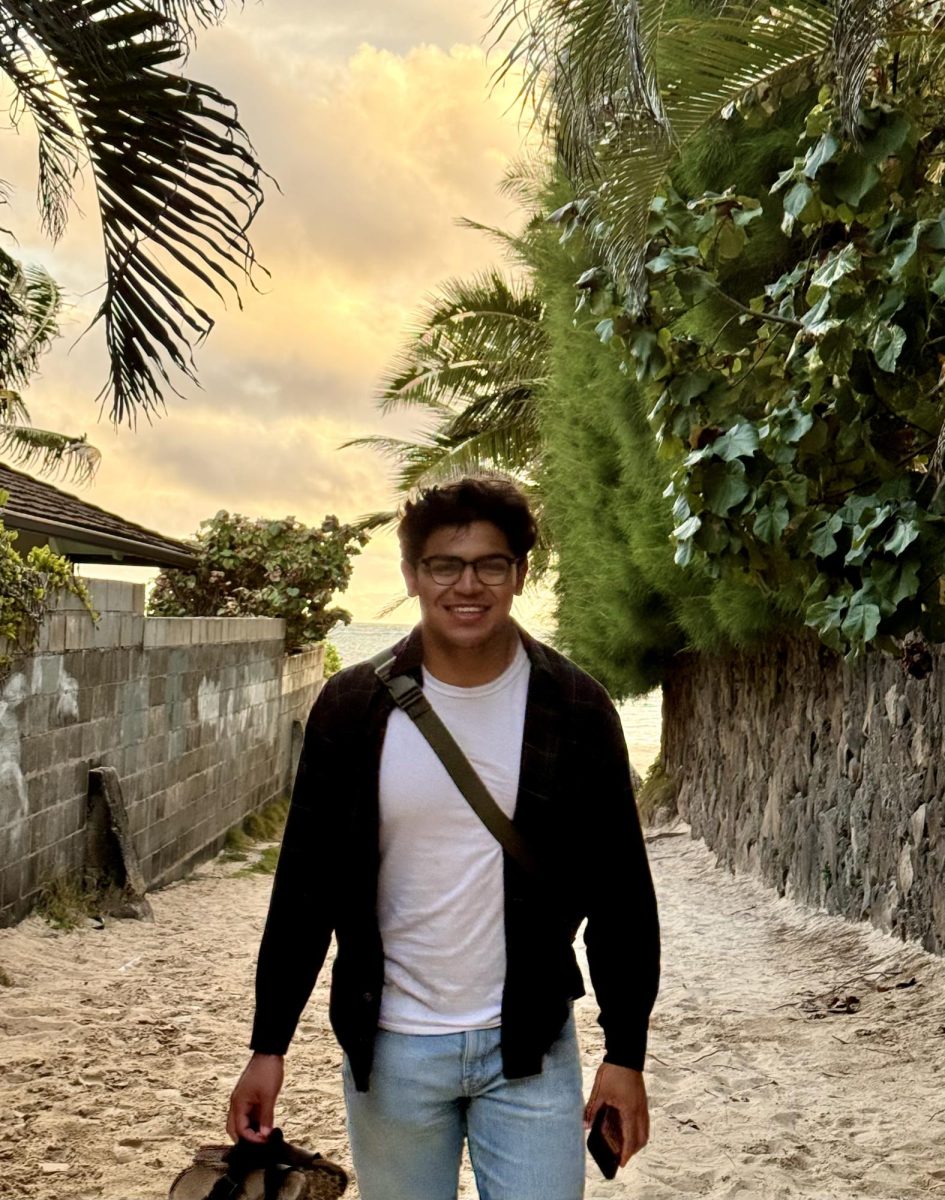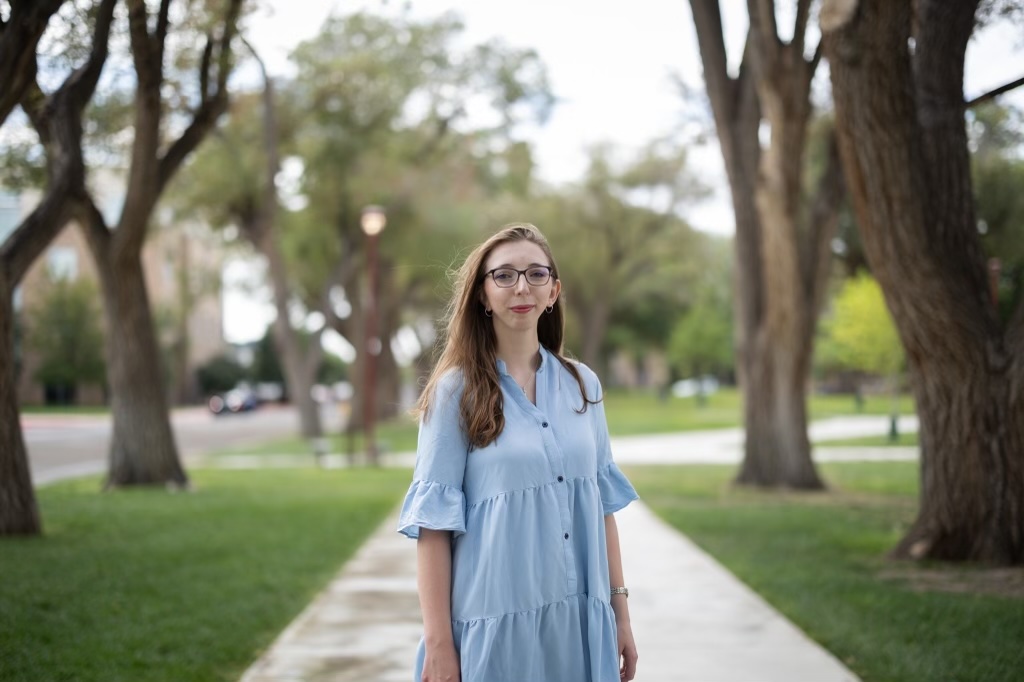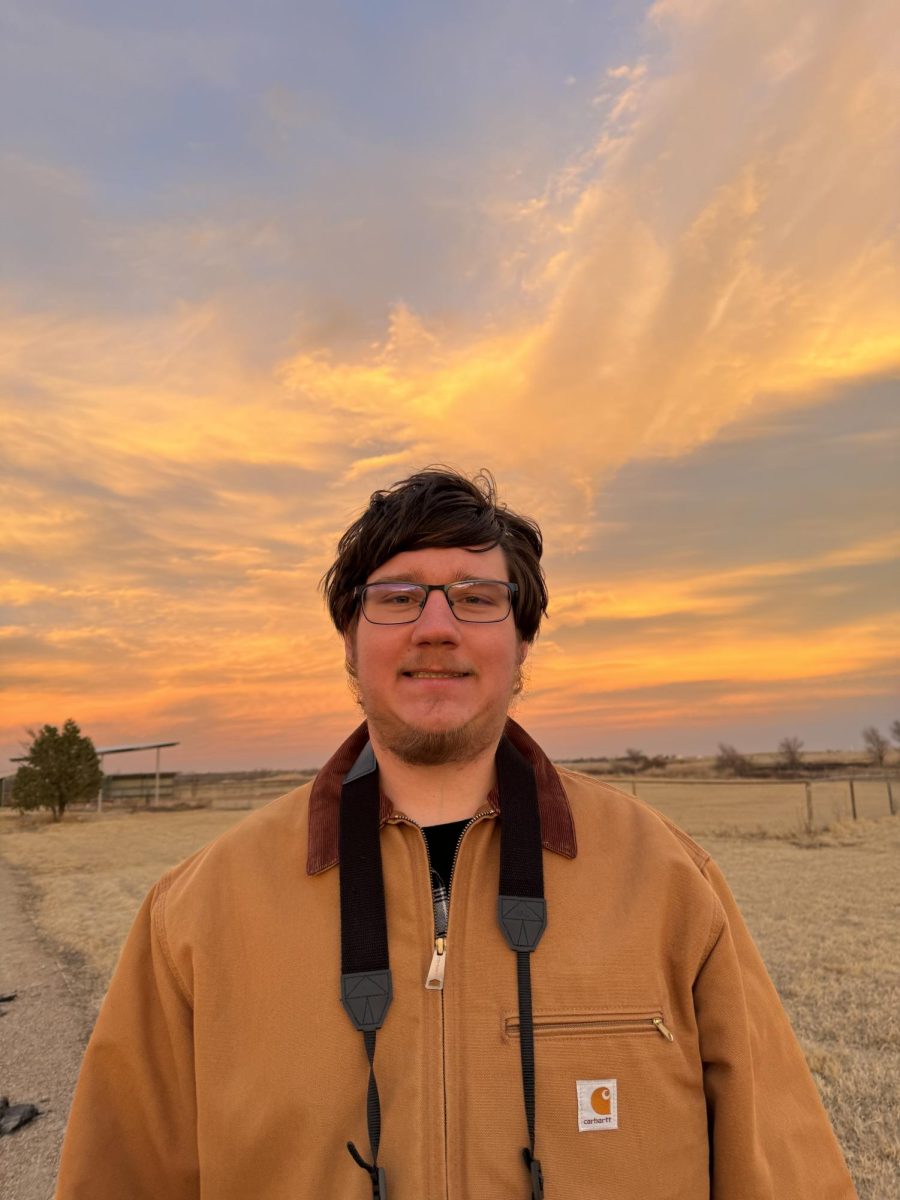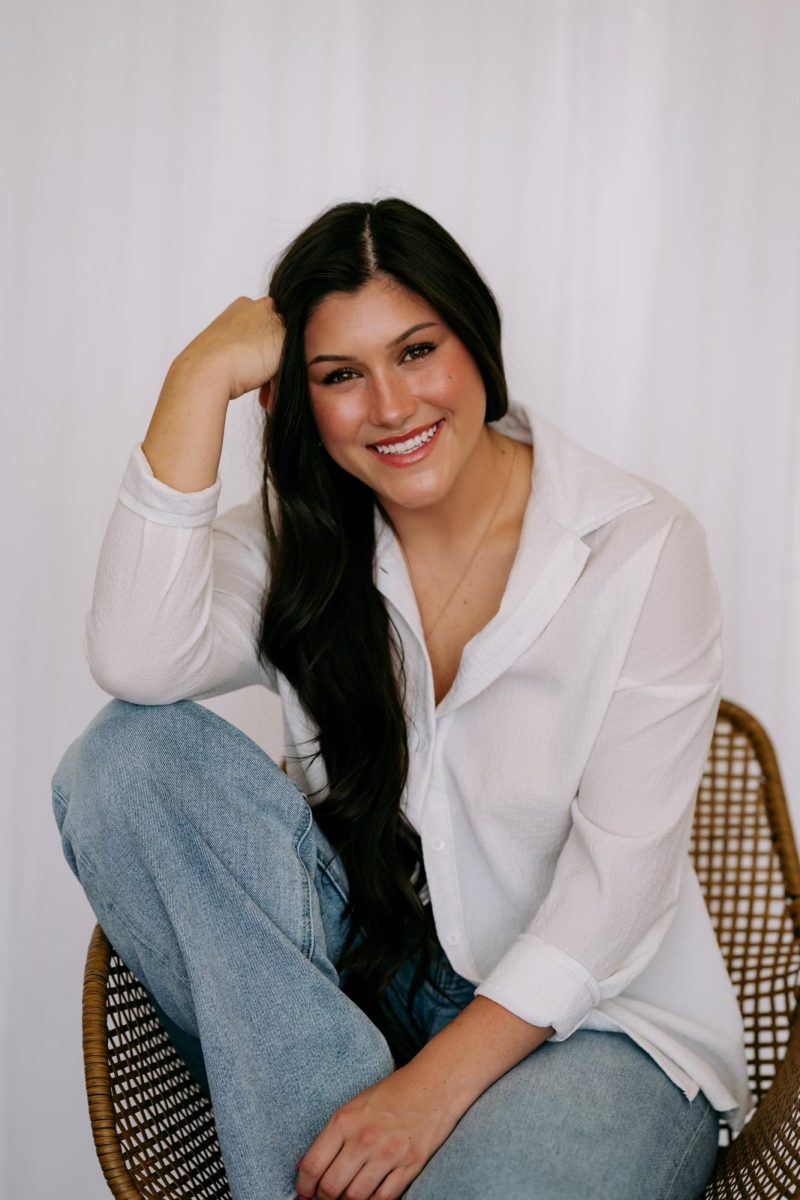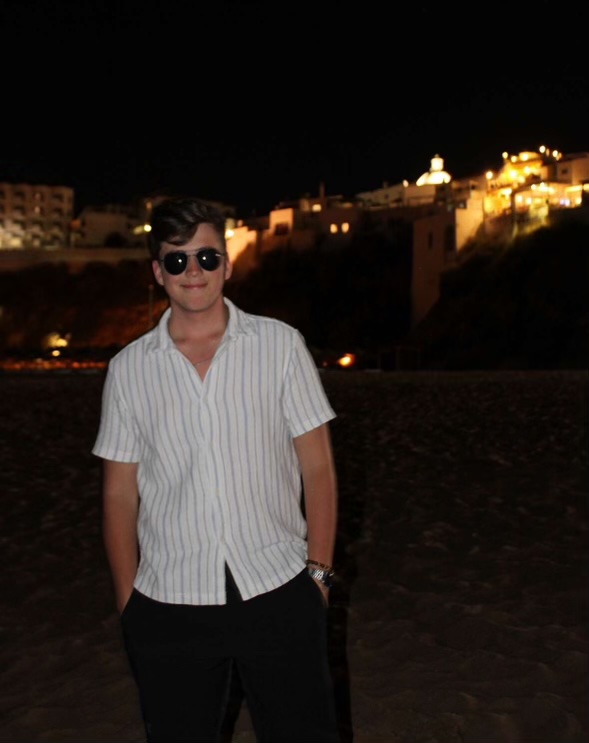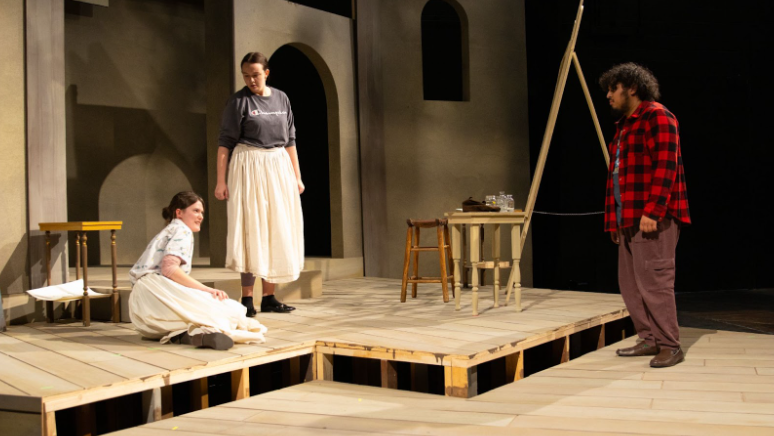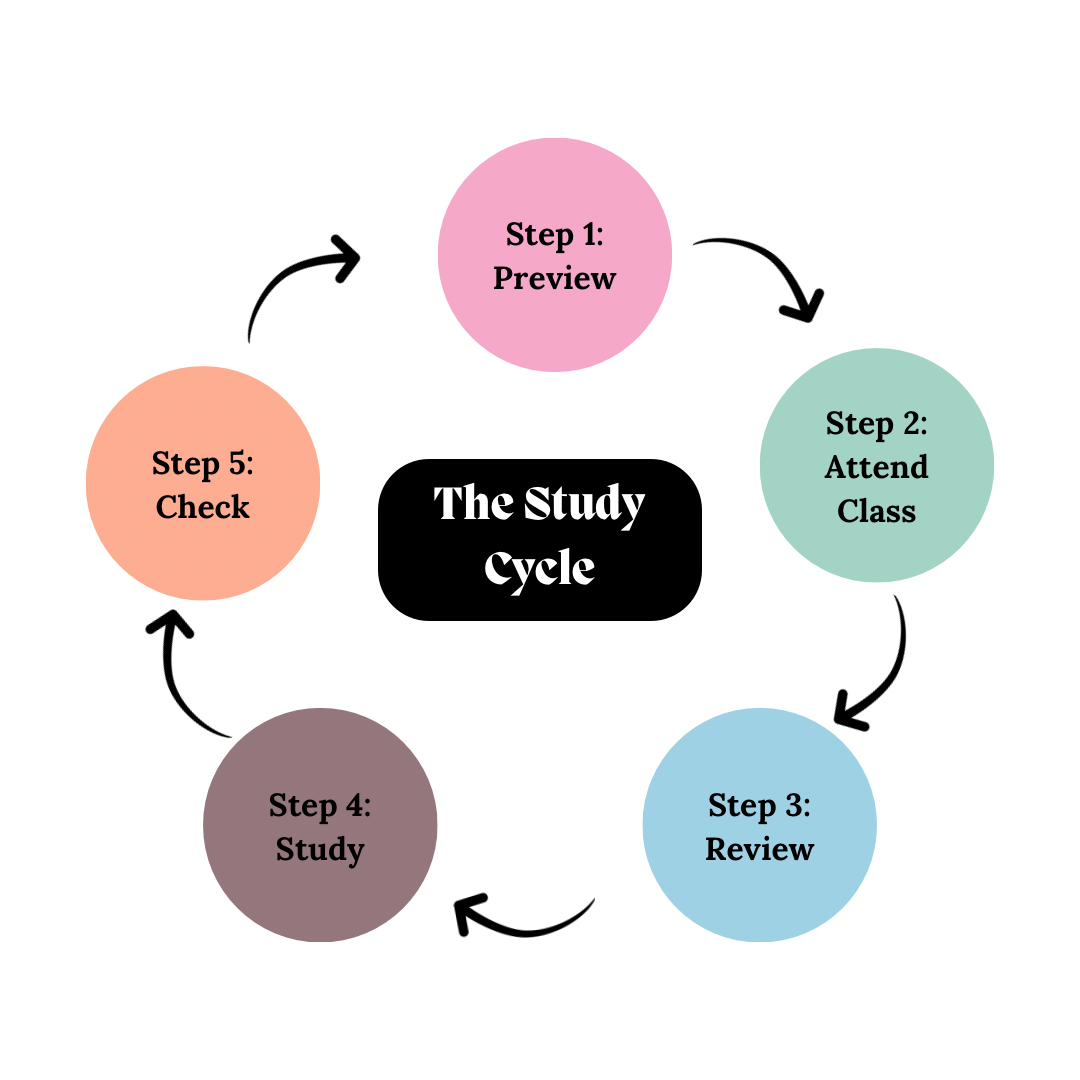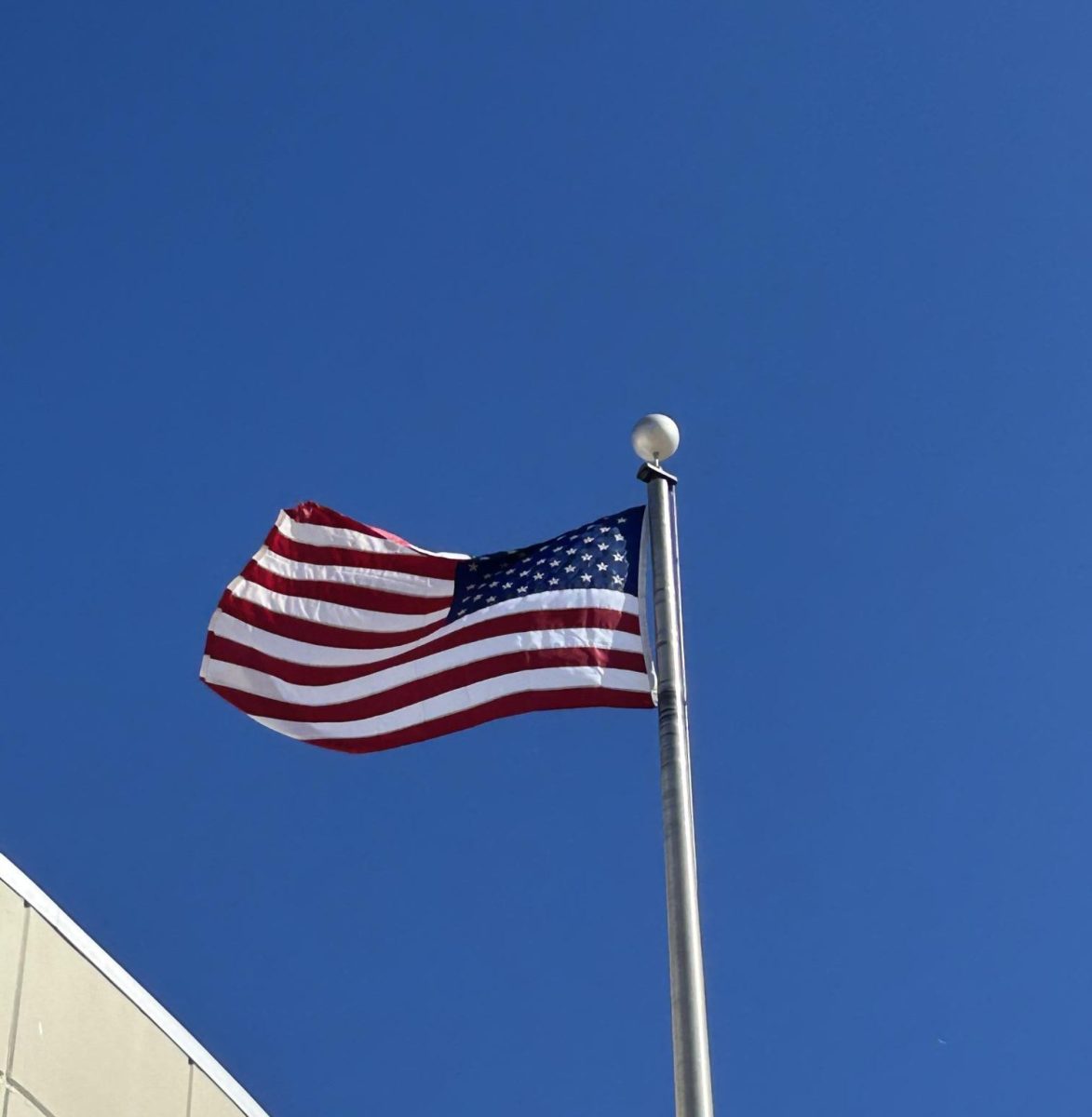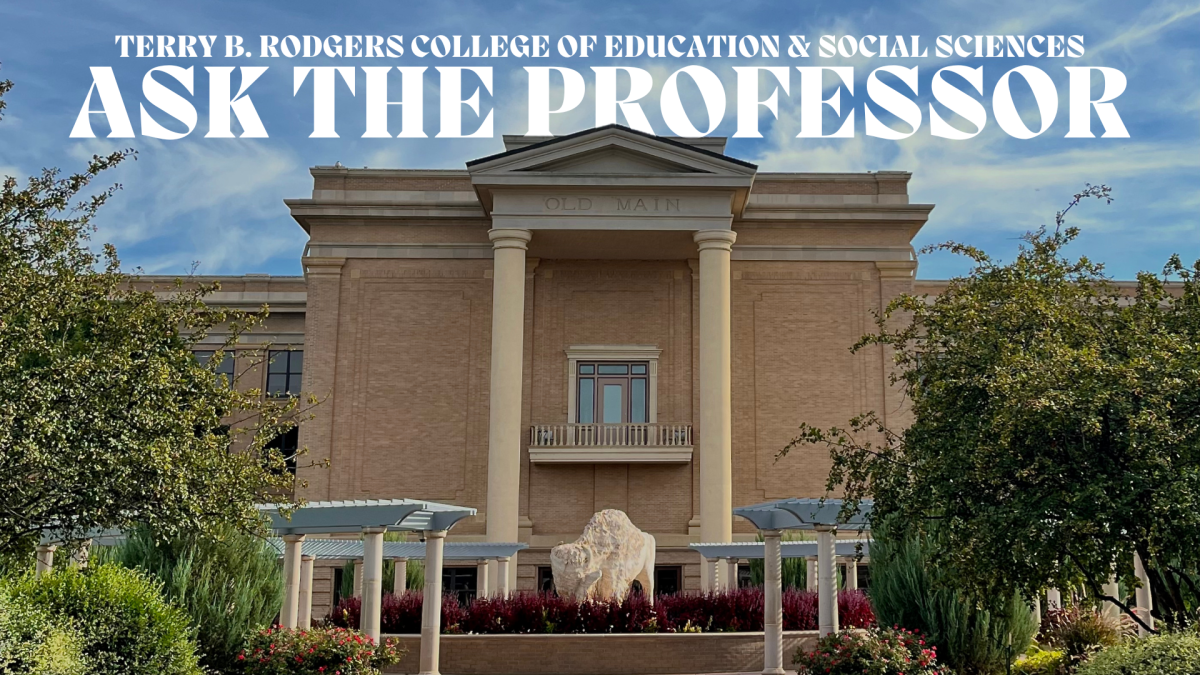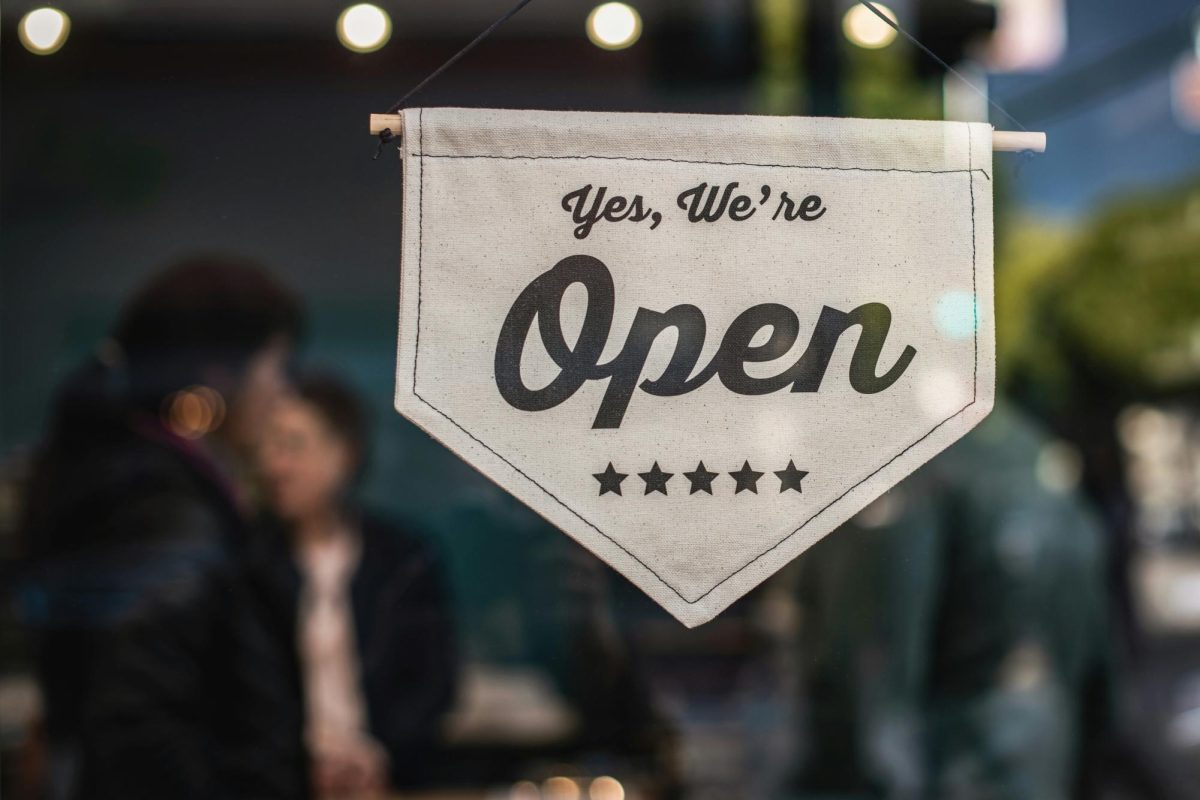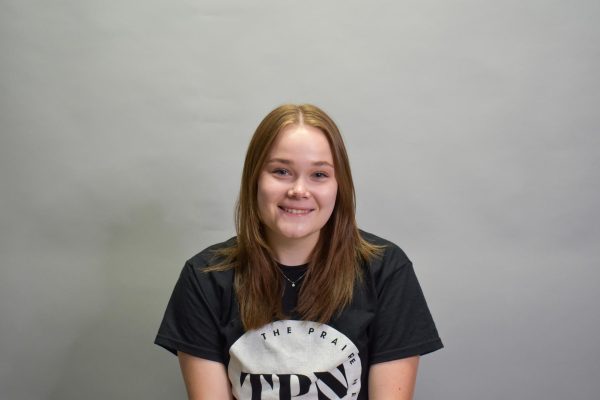Heather Ogle is a junior working toward a bachelor of science while majoring in environmental science at West Texas A&M University. Ogle is a local from Canyon who is working diligently and tirelessly to contribute to a change in our world.
Ogle’s passion for pursuing a degree began at a young age when the product LifeStraw was invented.
“It’s [environmental science] been something I’ve always been interested in,” Ogle said. “When I was a kid, those LifeStraws came out, those straws that came out for cleaning water. And I just always thought about the fact that some people don’t get clean water like I never knew that not everybody does. So, I started looking more in-depth and realized that people don’t consider that an everyday thing. You know, if you have clean water or not, people don’t know about the effects that it can have on your health. You could inhale smoke, and 30 years later, you get cancer or tumors from that. People from 9/11 and the firefighters have health issues just because of that. I think about the change that I want to see. I want to help animals, people and the environment and work towards making a healthy environment for the future.”
Ogle’s dream career is to specialize in water sampling.
“I love water sampling,” Ogle said. “My husband currently works for Texas Commission on Environmental Quality (TCEQ), so he works for the air pollution part of testing, like keeping regulations and everything. I want to be on the water sampling side of it, so I want to do water sampling for bodies of water, any kind of E. coli testing, bacterial testing and stuff like that.”
The environmental side of science is beneficial as it helps people learn how natural work functions, understand how organisms interact with and utilize the environment and recognize the ways to handle problems with the environment to live more sustainably.
“Environmental is amazing because it’s just a jack of all trades,” Ogle said. “You can do water sampling, you can do soil sampling, you can do air pollution, testing it, you can do health and safety inspections, there’s so much that you can do with it. It helps everybody in the community, everybody in the ecosystem and helps in any kind of habitat because we need clean water; we need clean soils. Any kind of contamination can leach up from soils from underneath the ground and can give you cancer, so it’s helpful because they can make a difference with people, animals, plants and everything like that. With plants, air pollution can also cover up the leaves and can actually cause them to not get enough sunlight, so it ends up killing off your plants. That’s why a lot of times you have to wipe off the leaves and big broad leaves.”
Since Ogle is fascinated by the environment and all of its intricacies, she completely loves the way each day differs from the previous one.
“My favorite thing is that it’s never the same,” Ogle said. “It’s different every semester and every day. You could do soil sampling, learn how the soil can have different kinds of leaching, how you don’t want to buy a house that’s built off of certain clays and everything like that because they hold water, and then you end up that’s why people get cracked foundations. That’s the reason why we don’t have basements around here. I’ve learned it in my everyday life that you can use it. That’s something that I learned about when I buy a house someday; I’m going to look at what kind of clays are there. You can get the information from the TCEQ website and find out if there was stuff put under a piece of land or if they buried toxic waste. They can do that stuff like putting harmful things under places people live. There was a piece of land that was sold for $1, so the buyer thought it was a steal, but there had been toxic waste dumped there that was covered up with cement and dirt. So whenever they started building a town on top of it, everybody ended up getting sick and getting different types of cancers. Nobody could figure it out until they had an Environmental Technician go out there and test it. So it’s interesting that every day you can use water sampling, soil sampling, air pollution testing, everything that affects you or your surroundings.”
Ogle came to WT as she’s grown up around campus her entire life. WT has always felt like home and since it’s affordable, she always knew she would choose WT as her university. WT has also given Olge numerous opportunities to further her interests and career goals.
“I would say that being a WT, I have the opportunity to be with amazing professors,” Ogle said. “They have changed my life and because of my professors like Dr. Rogers, Dr. Crosman and Dr. Hiranuma, I’ve gotten internships, gotten to speak with companies like TCEQ and Pantex, having different companies talk to me on a face-to-face level that we could get to understand and talk to each other. It was because of Dr. Crosman that I was able to become a science representative and he pushed me to be the president of the Environmental Science Society. I’ve had a lot of doors open up for me; that was something that I didn’t think college could do, but it’s made me hopeful for the future.”
Ogle’s favorite thing about WT is the professors and the community of her classmates. Her classmates have made such a positive impact on her life that she’ll visit the third floor of the Paul Engler College of Agriculture and Natural Sciences Building (NSB); that way, she will run into people she adores. Aside from academics, Ogle is a science representative for the NSB, is president of the environmental science society and works part-time for the WT Alumni Association. Working with the alumni association allows Ogle to construct events, have a table at tailgates, get in touch with many alumni and put together pins for graduation. Outside of school, Ogle enjoys cars, motorcycles, watching movies, reading and adding to her animal collection, which consists of three uromastyx lizards, a corn snake, two dogs and two different tanks of fish.
Ogle believes you should always put yourself out there, even if it’s scary.
“My piece of advice is that even though getting out there and being outspoken and talking with new people may be scary, it’s definitely great to make connections,” Ogle said. “Nowadays, everybody uses phones, and they don’t talk to each other in person, so it turns into a kind of a lonely existence where you should talk to each other and you shouldn’t reach out to each other. You should build a community. It may be scary, and not everybody may be good for you, but just put yourself out there and don’t be afraid to try because you never know if you could be the next president of an organization or you could be the next science representative. Putting in a little effort and showing enthusiasm makes a difference.”



